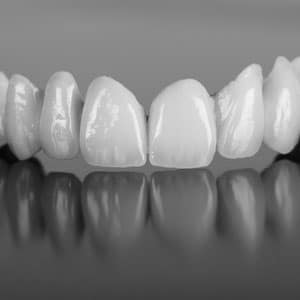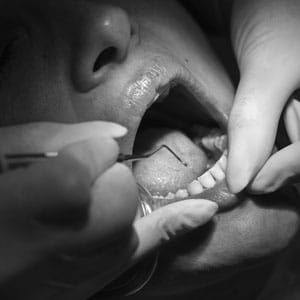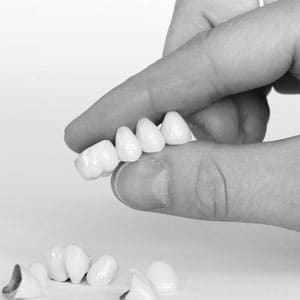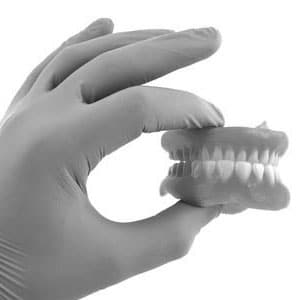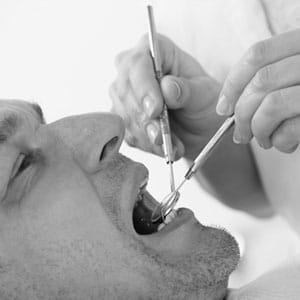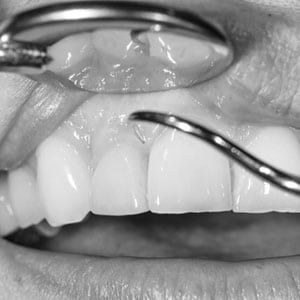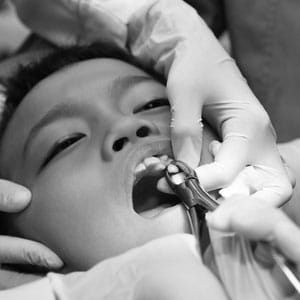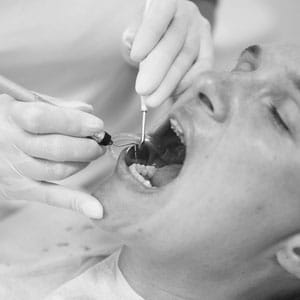
Dental Implants Replace Missing Teeth Lynnwood, WA
We are Conveniently Located in Lynnwood, Also Providing Dental Implant Services for Everett, Marysville, Redmond, Shoreline, Bothell, Edmonds, And All Neighboring Communities.
Are Dental Implants Right for Me?
Dental implants are strong, sturdy, and cosmetically appealing. They are anchored in the jawbone, allowing them for a strength and security that is unmatched by other replacement options. With that said, dental implants aren’t the best option for everyone. Whether or not dental implants are right for you depends on a few factors such as jawbone integrity, insurance coverage, costs, and more. Your dentist will perform an examination and let you know if you are a good candidate. From there, you can speak with your dentist to see if dental implants are right for you.
Call our Office at (425) 742-9609 Today!
Dental Implants Step By Step Process
Before any procedure takes place, your dentist will first perform a number of X-rays to ensure your jawbone is suitable for an implant procedure. Not everyone is an ideal implant candidate. If you don’t have enough bone structure, the dentist will likely offer additional services to repair this. Bone grafting may be an option for you if you are in need of supporting your jawbone surrounding the dental implant placement area. If your dental professional says you may not be a good candidate for dental implants, do not worry; there are plenty of alternative options for replacing missing teeth. Options such as dental bridges and dentures could be a safer route for you. Ask your dentist about your choices.
If you are found to be a good candidate for dental implants, then it is time for your consultation. Your cosmetic dentist will inform you of all of the procedures involved in dental implants. Your first appointment will be to remove the decaying or unwanted tooth from your jawbone and graft. This process is reasonably simple, as all dentists are familiar with the removal process. You will likely be numbed with a local anesthetic to ensure your comfort during the procedure.
After you’ve healed from the removal process (usually in a few weeks’ time), it is now time to insert the implant. This is a dental-grade titanium post that is placed into your jawbone where the missing tooth is. A sequence of drills is used to enlarge the site to create a snug fit for the titanium post. A local anesthetic is used during this time as well, so no pain should be felt during the procedure. Once the implant is in, a “healing cap” is placed on top of the post as a placeholder for the permanent crown. This is allowed to heal for a period of 4 to 6 months.
After a few months of healing, you will visit your dentist for the final step in the dental implant process. A step called osseointegration happens during the healing process- a process in which your bone cells grow and fuse into the threads of the implant. This process is needed to ensure the post remains stable after the healing process. On your final appointment, the healing crowns are removed to make way for the permanent ones. These crowns are typically made from a dental-grade ceramic and can withstand many years of normal biting. Your dentist can also attach a bridge or dentures to the dental implant, depending on your needs.
Ceramic crowns are typically made by the lab that your dentist works with. A custom tooth replacement is created during your healing process. It is molded and shaped in the exact shape and size needed to fit perfectly into your mouth, without standing out. The time in which your implant lasts is based on several factors related to health, patient bite force, and oral hygiene.
Call our Office at (425) 742-9609 Today!
Implants Post Procedure Care
Your dentist will go over the aftercare protocol for your dental implant during your healing process. It’s important to allow yourself ample time to heal. You need to ensure no large amounts of pressure or strain are added anywhere near the implant area. It is imperative to allow time for the titanium post to fuse with the jawbone. Avoid chewing on hard foods for at least 4-5 days as the surgical site is still sensitive during this time. It is normal to experience a certain level of pain, depending on your tolerance. Ask your dentist about pain management, as he or she may go over the proper dosage and usage of over-the-counter pain medication.
Some minor swelling after the procedure is normal, and slight bleeding may occur as well. It’s important to remain calm as most of these after-stages are completely normal. You can delay the healing process if you smoke, spit, rinse, or excessively chew, especially in the first few days of the healing process. Smoking can slow the healing process immensely and can cause serious amounts of pain. It can also contribute to infections and the introduction of bacteria. Diabetes is also a risk factor for premature implant failure.
The patient can use ice packs in order to alleviate some initial pain and swelling in the first 24 hours after the procedure. You may need to come into the dentist's office if your stitches need to be removed; however, in many cases, dissolving stitches are used and will come out on their own. Your dentist will indicate whether a follow-up appointment is necessary.
Costs and Insurance for Dental Implants
A major consideration when it comes to the placement of dental implants is the out-of-pocket cost. While insurance providers may offer coverage for dental implants, it is often limited. Because of this, you will likely pay mostly (or entirely) out-of-pocket. As this is the case, you’ll need to consider whether paying out of pocket is an option. If not, you may want to consider a dental credit plan.
Your dentist will provide you with an estimate for the service before any work has been completed. From there, you can determine the best option to meet your needs and budget.
More info on Dental Implant Costs & Benefits >
Meadowdale Dental Clinic, conveniently located in Lynnwood, also provides comprehensive and custom dental implant services to Everett, Marysville, Redmond, Shoreline, Bothell, Edmonds, and all neighboring communities.


